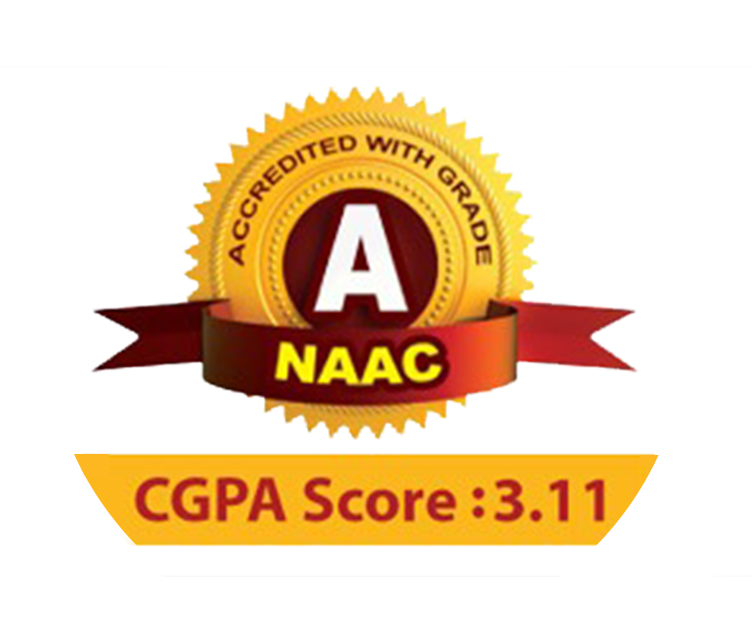| Program Outcomes |
| PO 1: Creativity and Critical Thinking |
| PO 2: Communication Skills – Communicate effectively on complex engineering activities with the engineering community and with the society at large, such as being able to comprehend and write effective reports and design documentation, make effective presentations, and give and receive clear instructions. |
| PO 3: Analytical reasoning/thinking – Identify, formulate, research literature, and analyse complex engineering problems reaching substantiated conclusions using first principles of mathematics, natural sciences, and engineering sciences. |
| PO 4: Research Related Skills – The ability to acquire the understanding of basic research ethics and skills in practicing/doing ethics in the field/ in personal research work, regardless of the funding authority or field of study. |
| PO 5: Coordinating/collaborating with others – Function effectively as an individual, and as a member or leader in diverse teams, and in multidisciplinary settings. |
| PO 6: Leadership readiness/qualities – Ability to map out the tasks of a team or an organization, and set direction that aligns with project or organizational goals and objectives. |
| PO 7: Learning how to learn skills – Ability to equip with the skills and attitudes needed for lifelong learning and professional development. |
| PO 8: Digital and technological skills – Ability to prepare graduates for careers in software development, systems analysis and design, web development, database administration, network administration, and other related fields in the industry. |
| PO 9: Multicultural competence and inclusive spirit – Ability to work effectively in diverse and globalized workplaces with multicultural competence and inclusive spirit. |
| PO 10: Value inculcation – The ability to possess technical knowledge and skills and also have a strong sense of values and ethics, and are committed to making a positive impact on society. |
| PO 11: Autonomy, responsibility, and accountability – Ability to be responsible, ethical, and competent professionals who are capable of working independently and making informed decisions that benefit their organization and society. |
| PO 12: Environmental awareness and action – Ability to use technology responsibly, and to design and implement sustainable solutions that address environmental challenges. |

